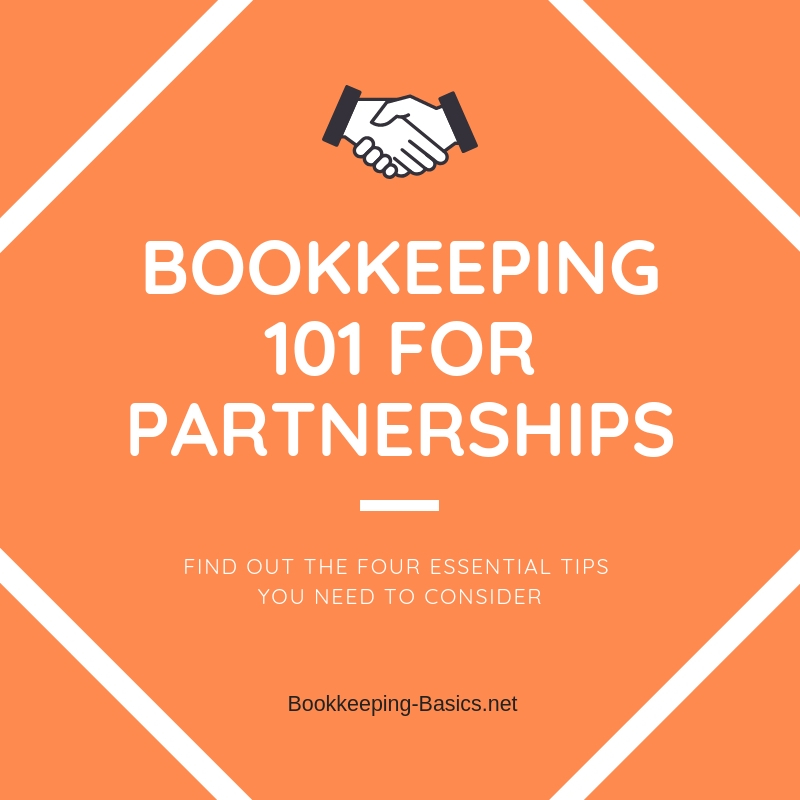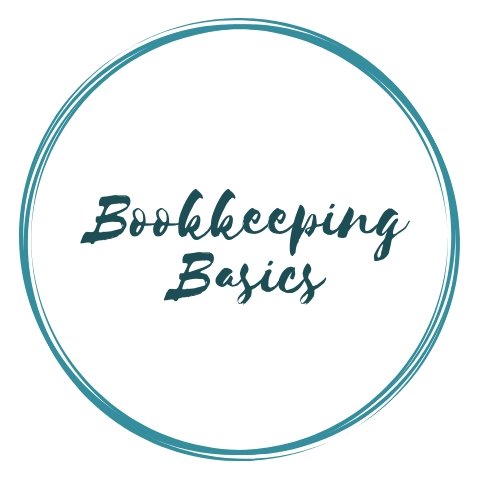- Home
- Bookkeeping 101
- Bookkeeping 101 for Partnerships
Bookkeeping 101 For Partnerships
4 Essential Tips To Consider
Bookkeeping 101 for Partnerships will provide you with 4 essential tips to consider. More and more businesses are structuring themselves as partnerships.
According to data from the IRS, the number of partnerships in the United States has been growing at nearly 6% a year since 2007.
There are a number of beneficial reasons to form a partnership, so the figure is expected to continue to increase in the coming years.
However, partnerships also make the bookkeeping 101 basics more challenging, so you will need to understand the logistics.
Bookkeeping 101 for Partnerships
A partnership is a special legal entity that can pose unique challenges for business owners. Barbara Weltman, a tax attorney and author, states that partnerships are similar to marriages.
They can work exceptionally well if the owners communicate well. Bookkeeping is one of the most important functions the partnership needs to coordinate. Here are some bookkeeping 101 tips for operating a partnership. Feel free to read these bookkeeping articles for more information.
Understand Mutual Liabilities
In a general partnership, all owners are jointly liable for any debts the business incurs. Therefore, every partner should pay close attention to the financials to protect themselves and the rest of the business from lawsuits or the risk of insolvency.
Recognize Any Conflicts of Interest
Bookkeeping 101 for Partnerships agreements can be structured in many different ways, which can create conflicts of interest when it comes to accounting. Here is an example that you will want to consider.
Fred and Tom formed a business partnership last year. Tom is actively managing the business, while Fred is only tangentially involved.
Since he is spending much more time running the business, Tom will receive a $40,000 salary from the profits before Fred receives anything. Fred invested a larger amount of capital in the business, so he will receive 60% of the earnings above $40,000.
Fred will need to pay Tom a $40,000 salary regardless of whether the company generates a profit and will also need to cover 60% of the financial loss.
This is a common partnership agreement, which can unfortunately cause a conflict of interest with bookkeeping.
Fred may be tempted to carry expenses over into the next year if the company is losing money to minimize the financial loss that he needs to absorb in the current, because he must pay a larger share of it.
Fred is also in a higher tax bracket. This means that he may have an incentive to seek more deductions to minimize his own tax return, which means that Tom will receive a lower share of the profits if the business generates over $40,000 a year.
These situations can lead to serious misunderstandings. It is a good idea to hire third-party bookkeeping services to mitigate these conflicts of interest.
Recording Equity on Balance Sheet
The partnership balance sheet will need to track equity for all partners. Since profits may not be evenly distributed between partners, you will need to divide them according to the partnership agreement. In the example listed above, if the partnership generated a net income of $100,000, the following equity adjustments would need to be made on the balance sheet:
· Tom’s equity would increase by $40,000, since this is the salary that he receives. Tom’s equity would also increase by another $24,000, which is 40% of the income generated over the first $40,000.
· Fred’s equity would increase by the remaining $36,000.
Both partners would also have to conduct a debit entry for any withdrawals they made and reduce their equity balance sheet accordingly. They would both need to keep track of each other’s transactions on the income statement to avoid any confusion or misunderstandings down the road.
Understand Tax Code
Every partnership to carefully abide by all tax laws. Since the number of large partnerships is increasingly so rapidly, the Government Accountability Office is urging the IRS to find ways to improve the efficiency of partnership audits, which suggests that audits will be more common in the future.
Therefore, it is imperative that partnerships understand the tax code and comply accordingly.
Unfortunately, Partnerships are classified as pass-through entities, which means that the partnership itself isn’t required to pay taxes.
The individual partners and business owners must file their own tax return instead. However, the partnerships still need to file Form 1065 by April 1. There is a $165 fine for failing to file by the deadline, but entities with 10 or fewer partnerships may be exempt in some instances.
Form 1065 is very similar to Form 1040, which is filed by owners of a sole proprietorship. You will need to report all expenses and sources of revenue.
However, you will also need to report changes in bookkeeping basics cash flow equity if a new partner joined or one partner purchased a share of equity belonging to another partner. Changes in partnership properties will need to be reported on section 754.
Bookkeeping 101 For Partnerships -Strategy
Partnerships face a number of challenges with taxes and recording transactions. These complexities can be challenging for many businesses, so it is a good idea to speak with a professional bookkeeper.
Please don’t hesitate to contact me if you need any additional bookkeeping 101 for partnerships or any other tips or advice for your partnership.
More Bookkeeping Basics
- Bookkeeping 101 Financial Ratios
- Bookkeeping 101 For Business Owners
- Bookkeeping 101 For Partnerships
- Bookkeeping 101 Chief Financial Officer
- Bookkeeping Basics Bookkeeping Basics
- Bookkeeping Basics And Cash Flow
- Bookkeeping Basics For Business Owners
- Bookkeeping Basics Key Financial Metrics
- Bookkeeping Basics Predictive Accounting
- Bookkeeping Basics Bookkeeping Tips
Please subscribe to my monthly newsletter, Bookkeeping Basics E-zine. It tells you every month about the new information that I have added, including some great tips and advice from myself and other Bookkeeping Basics readers.
Like Bookkeeping-Basics.net?
- Home
- Bookkeeping 101
- Bookkeeping 101 for Partnerships

















New! Comments
Have your say about what you just read! Leave me a comment in the box below.